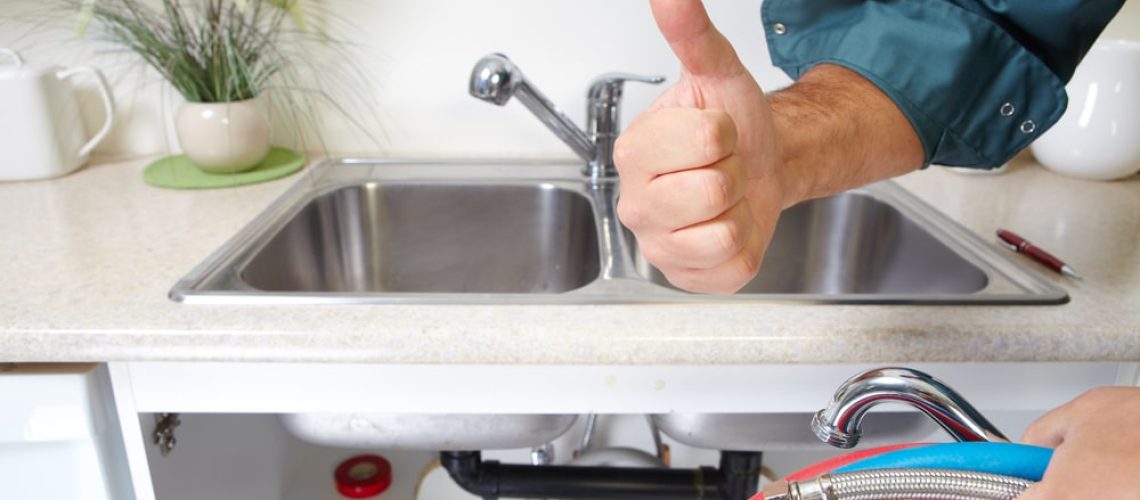A drain backup is a common plumbing issue that can cause serious water damage to your home. When your drain backs up, water may overflow from the sink, toilet, or bathtub, causing significant damage to your floors, walls, and furniture. It’s essential to know how to handle water damage caused by drain backup to prevent further damage to your home.
In this article, we’ll discuss the steps you need to take when your drain backs up to prevent water damage. We’ll also provide tips on how to deal with water damage caused by a drain backup.
Causes of Drain Backup:
A drain backup can be caused by several factors, including:
- Clogged Drain: When your drain is clogged, water can’t flow through it, causing a backup. A clogged drain can be caused by hair, soap, food particles, or other debris.
- Tree Roots: Tree roots can grow into your plumbing system and cause a drain backup.
- Broken Pipes: Broken or damaged pipes can also cause a drain backup.
- Heavy Rainfall: Heavy rainfall can cause your drains to back up, especially if your home is located in a low-lying area.
Signs of Drain Backup:
Some common signs of a drain backup include:
- Slow draining water
- Gurgling sounds from your drains
- Foul smells coming from your drains
- Water overflowing from your sink, toilet, or bathtub
If you notice any of these signs, you should act quickly to prevent water damage to your home.
How to Prevent Drain Backup:
You can prevent drain backup by taking the following steps:
- Dispose of grease and oil properly
- Avoid flushing non-biodegradable items down the toilet
- Use a hair strainer in your shower or bathtub drain
- Have your plumbing system inspected regularly by a professional plumber
What to Do When Your Drain Backs Up:
If your drain backs up, you should take the following steps:
- Turn off the water supply: If water is still flowing, turn off the water supply to prevent further damage.
- Use a plunger: Try using a plunger to dislodge the blockage.
- Call a professional plumber: If the plunger doesn’t work, call a professional plumber to fix the issue.
Steps to Handle Water Damage Caused by Drain Backup:
If water has caused damage to your home, follow these steps:
- Turn off the electricity: If water has come into contact with electrical outlets or appliances, turn off the electricity to prevent electric shock.
- Remove standing water: Use a wet/dry vacuum or a mop to remove standing water.
- Dry the affected area: Use fans, dehumidifiers, and open windows to dry the affected area.
- Disinfect the area: Use a disinfectant to kill any bacteria or mold that may have formed.
Tips for Dealing with Water Damage:
Here are some tips for dealing with water damage caused by drain backup:
- Act quickly: The longer you wait to address water damage, the more severe the damage will be.
- Contact your insurance company: Contact your insurance company to find out if your policy covers water damage caused by a drain backup.
- Document the damage: Take pictures and videos of the damage for insurance purposes.
FAQs on Drain Backup and Water Damage:
- Can a drain backup cause water damage? Yes, a drain backup can cause significant water damage to your home.
- What should I do if my drain backs up? If your drain backs up, turn off the water supply, use a plunger, and call a professional plumber if necessary.
- How can I prevent drain backup? You can prevent drain backup by disposing of grease and oil properly, avoiding flushing non-biodegradable items down the toilet, using a hair strainer in your shower or bathtub drain, and having your plumbing system inspected regularly by a professional plumber.
- Does my insurance policy cover water damage caused by a drain backup? It depends on your policy. Contact your insurance company to find out if your policy covers water damage caused by a drain backup.
Dealing with water damage caused by a drain backup can be a challenging and stressful experience. However, by taking quick and decisive action, you can prevent further damage and restore your home to its pre-damage condition. Remember to follow the steps outlined in this article, and always contact a professional plumber if necessary. With the right approach, you can successfully handle water damage caused by drain backup and protect your home from future damage.


